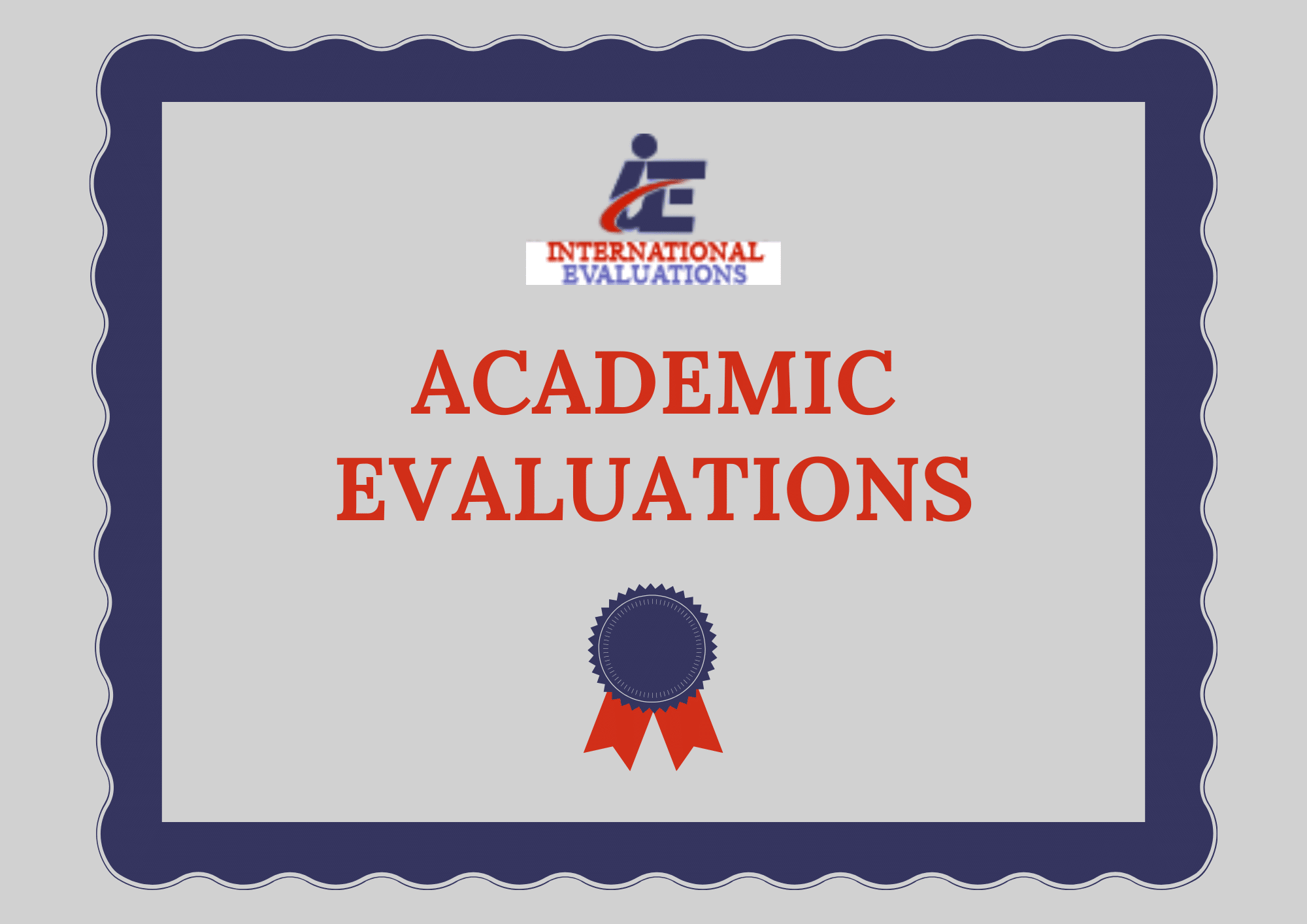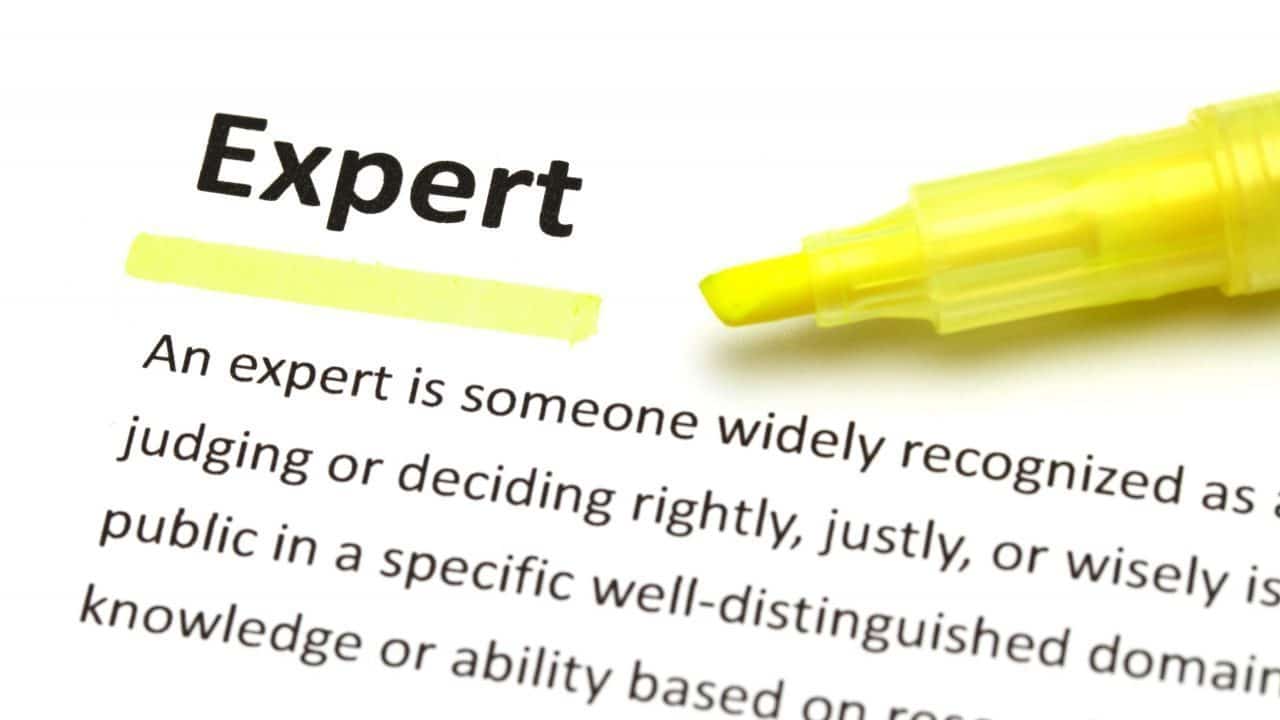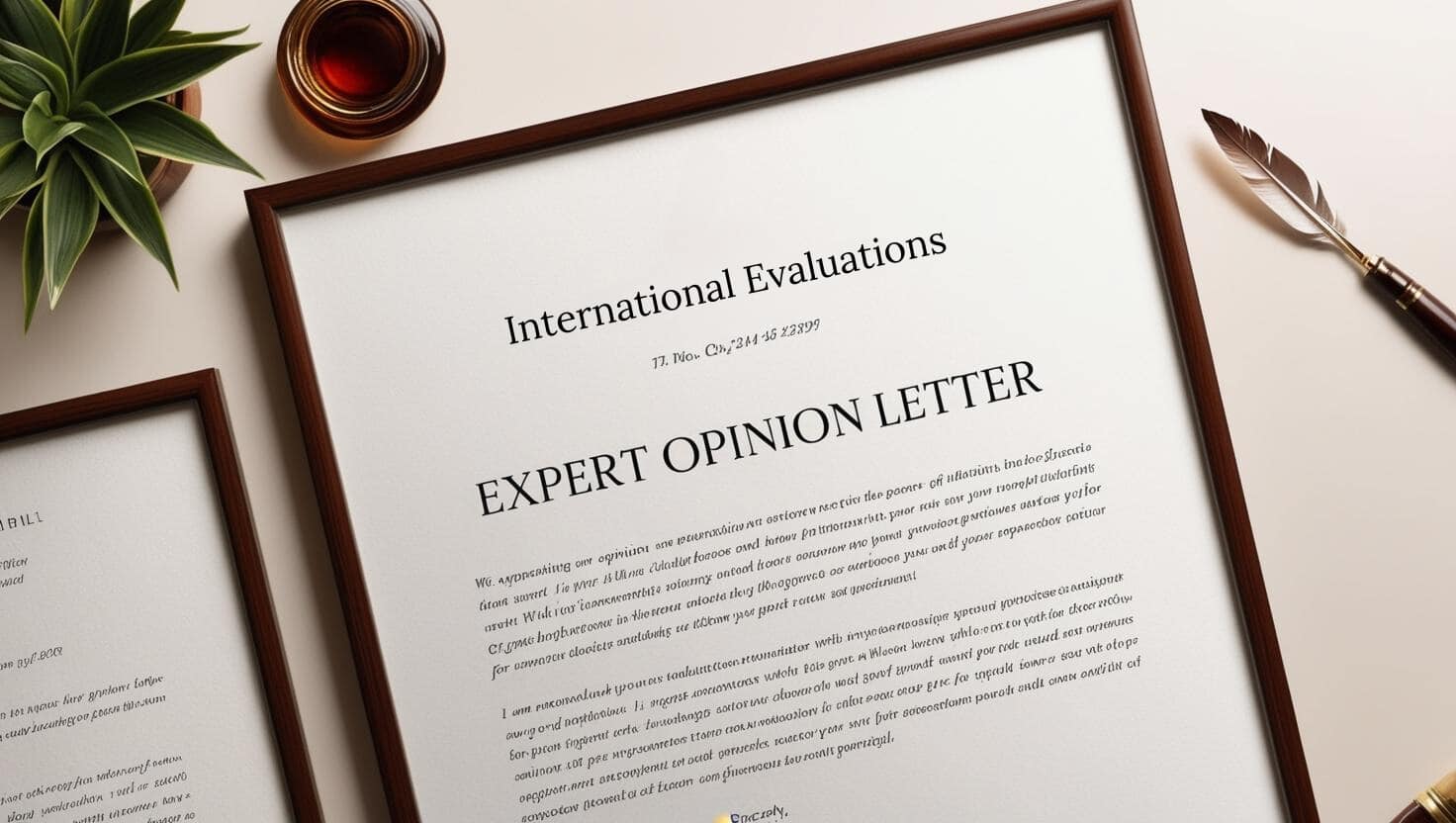Introduction
In today's competitive task market, having the right academic credentials is typically inadequate to secure a preferable position. Employers progressively seek prospects with useful experience that lines up with their organizational requirements. This shift has caused the emergence of work experience assessment methods as a vital tool for assessing a person's proficiencies and possible contributions to a company. In this post, we https://erickjiwh011.trexgame.net/course-by-course-credential-evaluation-thorough-transcript-analysis will delve into different techniques and methodologies for examining work experience, highlighting how these methods can elevate profession paths.
Elevating Profession Paths through Work Experience Assessment Techniques
Work experience evaluation plays an essential function in bridging the space in between formal education and real-world application. By examining a person's work history and skill set, companies can make educated hiring decisions while candidates can efficiently showcase their abilities. Comprehending different assessment methods will empower both parties, causing more significant employment outcomes.
Understanding Work Experience Evaluation
What is Work Experience Evaluation?
At its core, work experience assessment involves examining an individual's expert background to evaluate their abilities, knowledge, and achievements. This process typically includes examining job tasks, obligations, and accomplishments in previous functions.
Why is Work Experience Assessment Important?
The importance of work experience assessment can not be overemphasized. It enables companies to recognize candidates who possess not just theoretical understanding but also practical skills that line up with job requirements. For prospects, a reliable examination can assist highlight transferable skills that may make them ideal for roles outside their previous industry.



The Function of Academic Credential Evaluation
What is Academic Credential Evaluation?
Academic credential assessment refers to the procedure of evaluating instructional certifications from one nation versus those from another. This evaluation is important for global task hunters who require to prove that their education meets regional standards.
How Does Academic Credential Evaluation Intersect with Work Experience?
While academic credentials supply a foundation of understanding, they must be complemented by appropriate work experience for extensive assessment. Employers search for candidates who have actually not just studied theory however have actually likewise used it almost in real-world situations.
International Credential Examination Services
Overview of International Credential Examination Services
International credential evaluation services concentrate on examining degrees and diplomas made outside the local academic system. These services help assist in worldwide mobility by making sure that educational certifications are acknowledged throughout borders.
How Do These Solutions Impact Career Advancement?
Having your worldwide credentials evaluated boosts employability by providing a clear understanding of how your credentials compare within a different context. This recognition can significantly impact profession development chances for expatriates or people looking for jobs in foreign markets.
Course-by-Course Credential Evaluation
What is Course-by-Course Credential Evaluation?
Course-by-course credential examinations break down instructional certifications into private courses taken during the degree program. This in-depth review offers employers with insight into specific subject matter expertise.
Benefits for Job Seekers Utilizing Course-by-Course Evaluations
For job seekers, having a course-by-course credential evaluation can display specialized skills pertinent to the positions they are getting. It works as evidence of their scholastic proficiency and improves their general profile throughout the recruitment process.
Techniques for Effective Work Experience Evaluation
1. Structured Interviews: A Key Evaluative Tool
Structured interviews involve asking standardized concerns developed to assess specific competencies associated with task efficiency. These interviews help guarantee consistency across candidate evaluations.
- Benefits: Reduces bias Provides quantitative data Facilitates contrast among candidates
2. Abilities Evaluations: Evaluating What Matters Most
Skills evaluations permit companies to examine candidates' abilities through practical tests or simulations connected to the task's requirements.
- Benefits: Directly measures appropriate skills Offers insight into analytical abilities Enhances prospect engagement
3. Recommendation Checks: Verifying Experience
Reference checks include connecting to previous companies or coworkers to verify a candidate's work history and performance levels.
- Benefits: Provides third-party insights Validates claims made on resumes Unveils soft skills that might not appear in interviews
The Importance of Specialist Viewpoint Letters
What is an Expert Viewpoint Letter?
A specialist opinion letter serves as an official document composed by professionals who assess a prospect's credentials based upon their experiences and achievements within particular fields.
How Can Specialist Viewpoint Letters Aid Task Seekers?
These letters add reliability to a candidate's application by offering an authoritative endorsement of their abilities and experiences from recognized experts in the industry.
Integrating Organization Strategy Evaluations into Profession Development
What Works Plan Evaluation Entail?
Business plan assessments examine the expediency and viability of business ideas proposed by people or groups aiming for equity capital or entrepreneurship opportunities.
How Can Comprehending Service Plans Raise Profession Paths?
For experts looking to advance in management or entrepreneurial functions, comprehending how to evaluate service strategies can hone tactical thinking abilities-- an attractive quality for many employers.
Case Research studies: Effective Application of Work Experience Evaluations
Case Study 1: Technology Sector
A tech firm implemented structured interviews integrated with technical assessments resulting in higher worker retention rates due to better positioning between candidates' abilities and job demands.
FAQs
What are some common techniques utilized in work experience evaluations? Common approaches consist of structured interviews, referral checks, abilities evaluations, and expert viewpoint letters.
How important is academic credential examination in today's task market? Academic credential assessments are vital as they confirm educational backgrounds particularly for worldwide applicants seeking work locally.
Can I get my worldwide credentials evaluated online? Yes! Lots of companies provide online services where you can send your documents for examination at your convenience.
What benefits do course-by-course evaluations provide compared to general evaluations? Course-by-course examinations use detailed insights into specific courses taken which can highlight particular competence looked for by employers.
Are expert viewpoint letters necessary when requesting jobs? No, they aren't usually compulsory but can greatly reinforce your application by offering extra recognition of your proficiencies from industry experts.
Is organization plan evaluation pertinent only for entrepreneurs? While mainly used by business owners looking for funding, understanding business plan assessments is useful throughout numerous supervisory functions as it cultivates strategic thinking skills applicable in different contexts.
Conclusion
Elevating profession courses through work experience evaluation strategies needs a nuanced technique that integrates academic qualifications with practical experiences efficiently evaluated through various approaches such as structured interviews, referral checks, and skilled opinion letters. As both workers and companies become progressively aware of the significance of these assessments, adopting comprehensive examination strategies will undoubtedly cause better hiring decisions and improved profession development opportunities across industries.